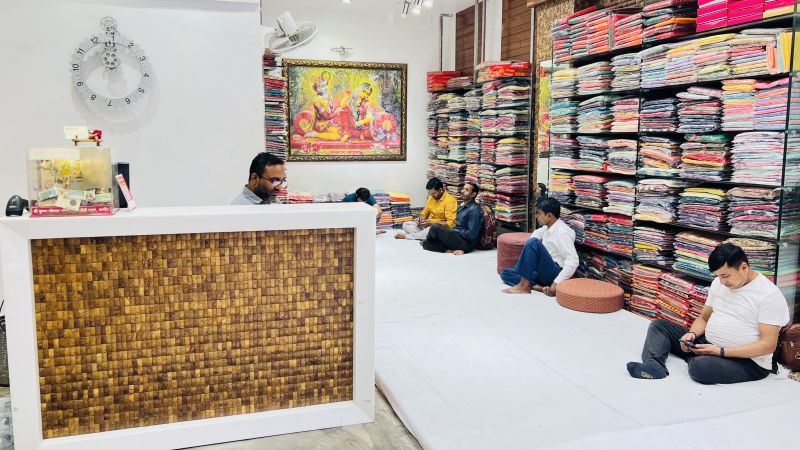
Sari shops and street food stalls: How e-payments have taken over India
CNN
Digital payments, made through systems like the Unified Payments Interface (UPI), have transformed life in India.
Indian weddings are notoriously elaborate affairs, requiring a multitude of outfit changes for multiple days of festivities. It used to be normal for a family visiting Brij Kishore Agarwal’s sari shop, near the narrow lanes of Chandni Chowk market in India’s Old Delhi, to depart with a big bundle of bright, embroidered garments and leave behind a substantial pile of cash. Worries that someone would break in and steal the money before he could make a bank deposit kept the store’s now-79-year-old owner awake at night. These days he sleeps easier, because almost all his customers use e-payments to complete their purchases. “I have seen this country change,” says Agarwal, who has worked in the shop for about 65 years. “We very rarely get cash payments.” Digital payments, made through systems like the Unified Payments Interface (UPI), which allow users to transfer funds instantly by scanning a QR code, have become ubiquitous across the world’s most populous country, transforming daily life.













